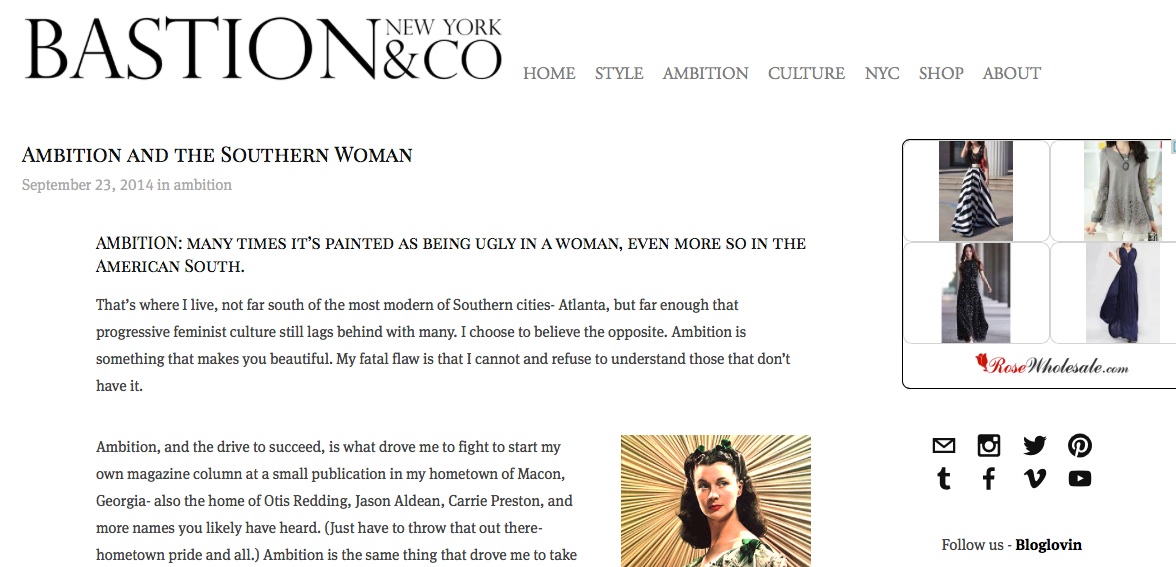A War on Women- Why Are Equal Wages a Debate?
When President Obama announced that he would be signing two executive orders to assist women in gaining equal pay, I was at home with my family.
My father piped up and said that he didn’t think it was fair for Obama to push for women to get equal pay unless they put in equal work. Initially, I’m thinking- well yeah that would be fair and I don’t think women want anything more than their equal share.
Then my father says “when women take three months off from work to have a baby they shouldn’t be given a promotion over a man who didn’t take that time off”. What the what?!
Done. Fire lit under Molly and- GO. Of course, I shot my mouth off and said “hey Dad- next time you push a baby out of your vagina you can get back to me”. This would start off a verbal sparring that didn’t end until I walked out of the door to a meeting.
I was fuming. I’m still fuming. And then I thought over it- even if having a baby was akin to any other possible surgery that a man or woman could have (and many companies do treat it this way by making employees take their sick time to have a child) my father’s argument holds no weight. That would mean that ANYONE who takes time off, even for temporary disability, is then at a disadvantage for a promotion or equal pay.
And the thing is, we’re not even talking about promotions. We’re just talking about equal pay for equal work.
I don’t understand why this is such a foreign concept to many Republicans. And I used to be a Republican. Trying to think back to that mindset, the arguments that might make sense to me would be something like- it would mean too much government interference in how businesses are run.
Yet, we still have the minimum wage. And even it doesn’t pay enough to those trying to get by.
Governments are put in place in order to protect those that they serve. It’s pretty much that simple. And while I am not one for a lot of government interference in the day to day lives of those that they serve, there are times when we have to have it. Such as our police force- I think we can all agree that without a police department to make sure law and order is taking place we are all better off.
Or what about government regulation of industries? You know, to prevent sweat shops and child labor? Or what about the Triangle Shirtwaist Factory Fire? For those of you not well versed in American History, this was ” one of the deadliest industrial disasters in the history of [New York City], and resulted in the fourth highest loss of life from an industrial accident in U.S. history” in 1911. (Source: Wikipedia.) This fire would lead to better safety regulations in this industry.
So, now that we have, I believe, pretty well established that governments sometimes have to interfere with business practices in order to protect citizens. What about the continued unequal pay of women in the workforce?
Let’s take a look at a very brief history of women in the work force. I think most of us are aware that women would enter the work force in large numbers during World War II, because most of the men were fighting overseas. Even then, the government urged employers to pay women fairly- but it was unheeded. It would not be until President Kennedy signed the Equal Pay Act in in 1963 that we started to see some movement, and with some court cases that would further define the act afterwards. Now, the workplace has changed drastically. No longer do we see separate job listings based on gender, as we did then. And yet- still no equal pay?
” The blatant discrimination apparent in these court cases seems archaic today, as does the practice of sex-segregated job listings. The workplace has changed radically in the decades since the passage of the Equal Pay Act.
But what has not changed radically, however, is women’s pay. The wage gap has narrowed, but it is still significant. Women earned 59% of the wages men earned in 1963; in 2012 they earned 80.9% of men’s wages—an improvement of about half a penny per dollar earned every year. Why is there still such a disparity?”( Source: http://www.infoplease.com/spot/equalpayact1.html)
What this tells me, is that we cannot count on employers to voluntarily make up the pay difference. And this is when the government steps in.
But yet- Republicans blocked the Paycheck Fairness Act. According to Tennessee Representative Marsha Blackburn, “I’ve always said that I didn’t want to be given a job because I was a female, I wanted it because I was the most well-qualified person for the job,” she said during a 2013 appearance on NBC’s “Meet the Press.” “And making certain that companies are going to move forward in that vein, that is what women want. They don’t want the decisions made in Washington. They want to be able to have the power and the control and the ability to make those decisions for themselves.” (Source: Huffington Post.) You know what? You’re right. I do want that control and that ability. But guess what? When employers won’t do the right thing themselves, and if I am working for someone else, I can’t always force them to make that decision. History has proven that much.
Frankly, the Republicans argument looks like a bunch of hot air. I’ve yet to see a reason that makes sense to me.
Molly





Pingback: David Dorer Show - "War on Whatever" Edition | daviddorer.comdaviddorer.com